Foreign investors snap up African farmland
- Der Spiegel
- 30 July 2009
Because of the political sensitivity of the modern-day land grab, it is often only the country's head of state who knows the details. Der Spiegel investigates.
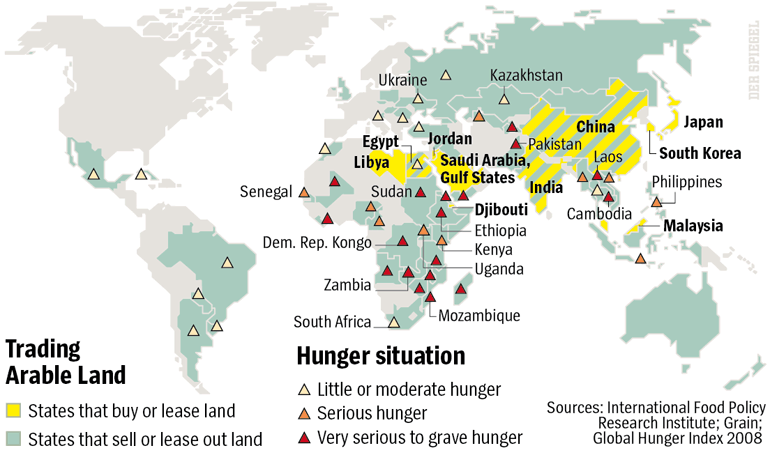
Because of the political sensitivity of the modern-day land grab, it is often only the country's head of state who knows the details. Der Spiegel investigates.
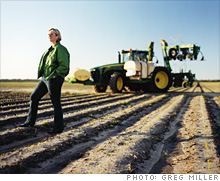
As world population expands, the demand for arable land should soar. At least that's what George Soros, Lord Rothschild, and other investors believe.
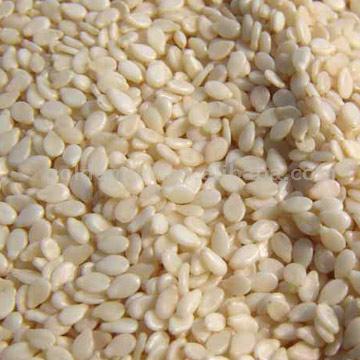
Los defensores del modelo de poner a producir las tierras desde los gobiernos, inversionistas o grandes corporaciones argumentan que se generan puestos de trabajo, que se hace rendir tierras ociosas y que se producen alimentos. Pero en ese análisis falta el principal elemento. La pobreza en el mundo reside en el campo, precisamente por modelos como éste.
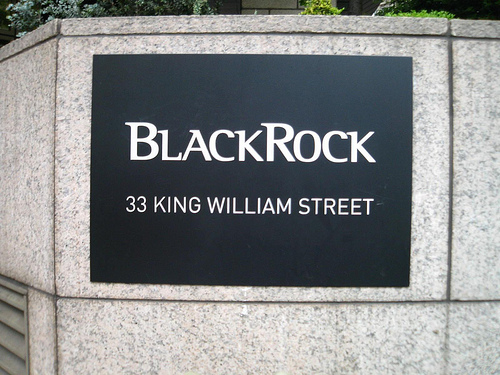
The fund will invest 70 percent of its money in agricultural companies that make fertilizers, forest products or biofuels. Commodities such as corn and soybeans will account for 15 percent, with the remainder in farmland.
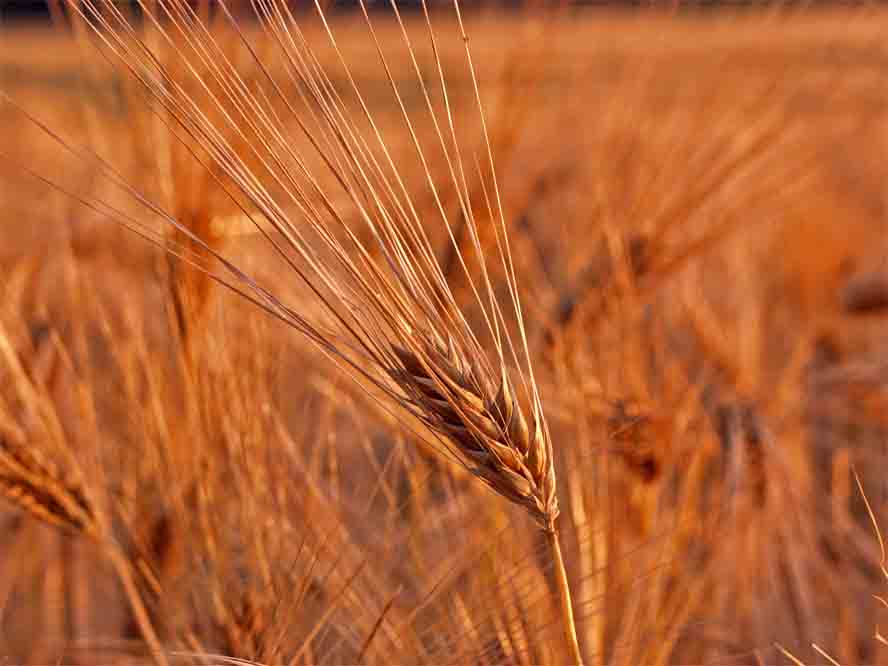
Big Money from Wall St. to the Middle East are on the hunt for farmland. Canada, especially Ontario, stands to profit but will the costs be too great?
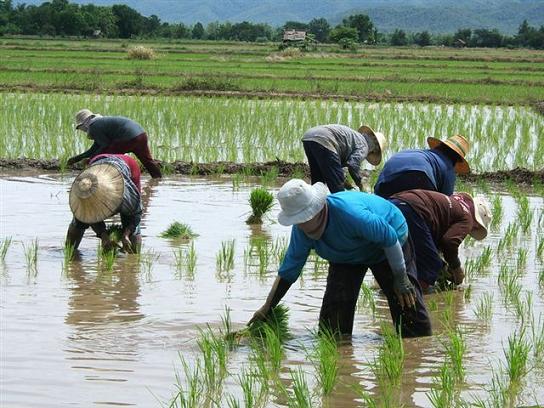
Huge investment funds have already poured hundreds of billions of dollars into booming financial markets for commodities like wheat, corn and soybeans. But a few big private investors are starting to make bolder and longer-term bets that the world’s need for food will greatly increase — by buying farmland, fertilizer, grain elevators and shipping equipment.

Hedge funds and investment banks are swapping their Gucci for gumboots as they bet on rising food prices by buying farms.

Soaring agricultural prices, growing demand for biofuels and the growth of the Chinese and Indian economies are leading top global investment banks to buy farmland in a bid to embrace the physical commodities market.

|
KKR acquires ProTen from Aware Super
|